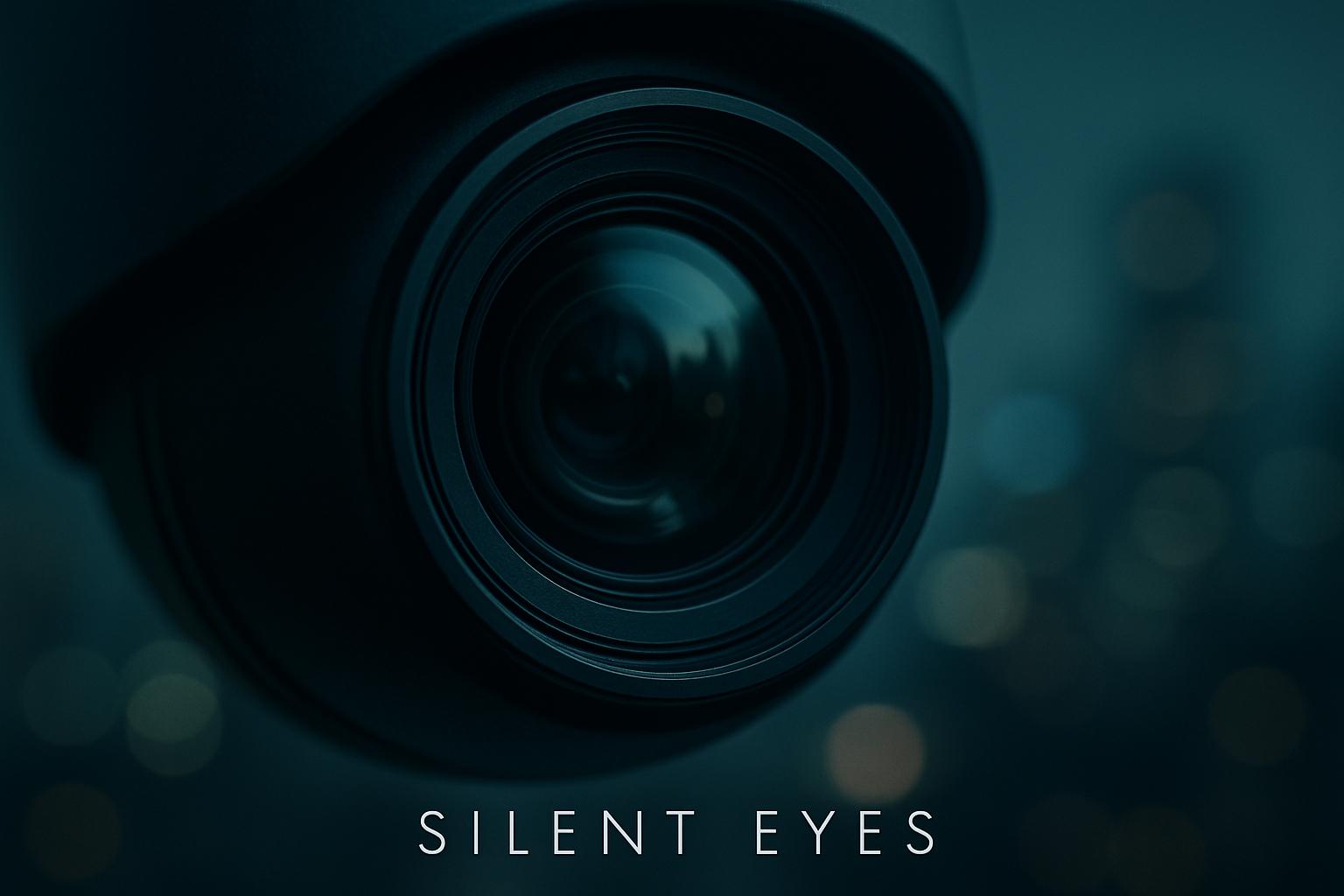The relentless march towards a surveillance state, reminiscent of George Orwell’s Nineteen Eighty-Four, is advancing rapidly under the guise of public safety in parts of the UK, notably in the so-called “civil liberties-friendly” Hammersmith & Fulham. Instead of protecting our freedoms, this borough’s latest move exemplifies how local authorities are taking liberties to extend state control into the very fabric of everyday life. The council has announced a £3.2 million push to upgrade its CCTV network, integrating advanced facial recognition and artificial intelligence—tools that will transform public spaces into comprehensive monitoring zones that go far beyond legitimate crime prevention.
This summer, the council’s decision to embed live and retrospective facial recognition capabilities into public cameras marks a disturbing escalation. With over 2,500 cameras already surveilling residents—some claiming the title of Britain’s most watched borough—the addition of AI-driven recognition is poised to turn this dense network into an intrusive watchtower. Installed at key areas like Shepherd’s Bush Market and along main thoroughfares such as Uxbridge Road and Hammersmith Road, the technology promises to identify suspected offenders, but at what cost? Such capabilities may initially be sold as community safety tools, but they open the door to mass data collection, targeting not just serious criminals but ordinary citizens engaged in routine activities, raising serious questions about privacy and civil rights.
The councils’ claims of using this surveillance to improve safety clash sharply with the reality of its potential misuse. The system’s ability to identify and track individuals’ past movements—using retrospective facial recognition—echoes the dystopian nightmare of constant state monitoring. Already, surveillance cameras equipped with voice projection features have been used to publicly reprimand residents, blurring the line between community policing and invasive social control. Far from a positive safety measure, this overreach risks turning our neighborhoods into zones of suspicion, where innocent lives are scrutinized under an Orwellian gaze.
While some residents see the new tech as a necessary response to persistent crime waves—such as knife crime and drug dealing—many others remain deeply uneasy. Innocuous activities like early rubbish disposal have already drawn disproportionate penalties, with a man fined £1,000 for putting out his bin too early—a penalty later rescinded amid national media outrage. But the real concern is the efficacy of these systems against serious offenders. Thieves and criminals can easily circumvent facial recognition by wearing balaclavas or simply by avoiding camera zones, rendering these measures ineffective at best and oppressive at worst.
Civil liberties organizations—on the front lines of resisting this creeping surveillance—warn of the dangerous implications. Campaign groups like Big Brother Watch are sounding the alarm, emphasizing the flaws and biases inherent in facial recognition technology, which notoriously misidentifies darker-skinned individuals with damaging consequences. Despite local authorities’ claims that data will be held securely by police and used only for criminal investigations, the broader threat of mass data collection and potential misuse looms large, especially when no comprehensive legal safeguards are in place.
The move towards heightened surveillance occurs amidst a broader national agenda aimed at increasing state control through new identity verification schemes. The government’s proposed “Brit Card” digital ID—initially slated for 2029—embeds further intrusion into personal privacy, demanding every citizen verify their identity digitally for access to healthcare, welfare, and employment. Such measures are a relic of a bygone era of state overreach, reminiscent of past Labour policies that eroded civil liberties rather than protected them. Opposition voices have been swift: critics warn that these policies threaten the innocent until proven guilty principle and risk ushering in a new era of bureaucratic overreach that undermines fundamental rights.
This intensified focus on surveillance technology is not just about safety; it’s a strategic testing ground for the widespread deployment of AI in public spaces. The council’s emphasis on AI-powered cameras capable of detecting weapons underscores the dangers of relying on imperfect systems. Documented cases of misidentification—such as mistaking a glasses case for a weapon—highlight the risks of trusting AI to make life-and-death decisions without sufficient oversight. Although the council claims to follow ethical guidelines and denies intentions of covert espionage, the lack of transparency fuels skepticism about accountability and the true scope of these powers.
Eyewitness accounts reveal the tangible impact of this environment of constant monitoring. Journalists like Robert Hardman have been approached and questioned by police in public spaces, illustrating how surveillance breeds a culture of suspicion and control. As these technologies become more embedded, community leaders must ask themselves: are these measures truly creating safer neighborhoods, or are they just normalizing an atmosphere of perpetual surveillance, where everyday freedoms are compromised and privacy becomes a thing of the past?
The core issue remains whether such pervasive monitoring genuinely reduces anti-social behaviour or simply extends the reach of policing into trivial and everyday activities. There’s mounting concern that this approach disproportionately penalizes ordinary residents, targeting minor infractions rather than addressing the root causes of violence and disorder. Activists rightly warn against accepting this new normal, where the societal cost of constant surveillance far outweighs any perceived safety benefits.
As the UK moves further down this dark path of digital IDs and facial recognition, the urgent need for parliamentary oversight and robust legal safeguards cannot be overstated. Without decisive action, the boundaries between legitimate crime prevention and intrusive state intrusion will continue to blur, eroding the liberties that define our society. The question remains: are we willing to sacrifice our privacy and freedom for the illusion of safety, or will we stand firm against the encroaching tide of state control? The fight for civil liberties is more critical now than ever before.
Source: Noah Wire Services
